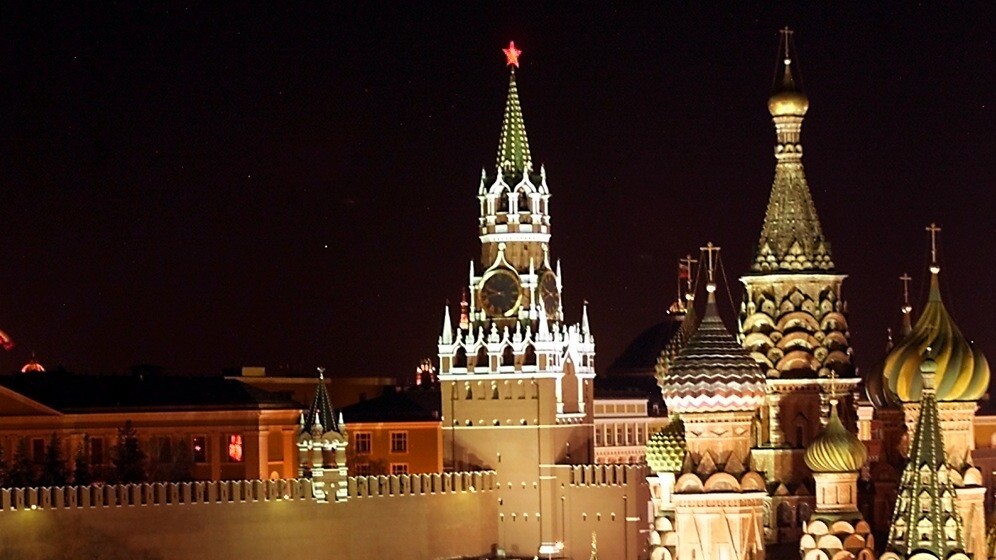
Editor’s note: This article originally appeared on East-West Digital News, a leading English-language resource on Russian digital industries and related venture activity.
It has been claimed that Russia’s leading social network, Vkontakte.ru (also known as VK.com), has cooperated with the FSB – the post-Soviet successor to the KGB – in manipulating user trust and disregarding its own privacy rules. The charges come from opposition-minded daily Novaya Gazeta.
In a denunciation that has galvanized opinions in Russia’s digital domain for the last ten days, Novaya accused the social network of behind-the-scenes political scheming back in late 2011 and early 2012. Amid the political turmoil that followed the controversial parliamentary and presidential elections, Vkontakte is reported to have given away users’ personal data to the FSB and also blocked some users who supported the political opposition.
Directly implicated is Vkontakte co-founder and CEO Pavel Durov. In what Novaya alleged was a message from Durov to Vladislav Surkov, a notorious hardliner who was, at that time, the deputy head of then President Medvedev’s administration, Durov mentioned that his site “[has] been cooperating with the FSB and Department K [a section of the Interior Ministry responsible for preventing cybercrime] for several years, promptly disclosing information about thousands of our users in the form of IP addresses, phone numbers, and other data required to pin them down.”
“National interest” vs. user privacy
In his letter, the Vkontakte CEO justified this dubious activity by citing “national interests,” not the least of which included “preventing the monopolization of Russia’s social networking market by Facebook” and even conceded that “stifling Internet resources nationwide” was an option the ruling regime could resort to in order to rein in “violence and chaos.”
The other figure in this dirty business is Vladislav Tsyplukhin, who was Vkontakte’s press secretary at the time. In his own discourse with Surkov, Tsyplukhin wrote that he believed he and his colleagues merited commendations for having “blocked the radicals among [Vkontakte] users” and for attempting to frustrate the efforts of opposition leaders in December 2011 to stage an organized public protest in Moscow.
The December 2011 parliamentary election and the March 2012 presidential election in Russia were marked with controversy, including a swarm of ballot-stuffing and bribery reports, and widespread discontent in public opinion.
From lie to confession
One of the most serious Russian news publications, Novaya Gazeta has displayed on its website some of the documents incriminating Vkontakte, having judged the likelihood of their being forgeries to be negligible.
Last week witnessed an unexpected development in the scandal, when Tsyplukhin – after having denied several times that he or Durov “ever wrote such letters” – admitted publicly that he “had lied in his comments to Novaya Gazeta and had in fact cooperated with the Kremlin.”
The 25-year-old “agent of external influence” – which is how Tsyplukhin defined his role at Vkontakte on his personal page – justified this cooperation by the necessity of “protecting [his] employer from immoderate intrusions.”
According to Tsyplukhin, he had been a political supporter of the Kremlin at that time, prior to “changing [his] political views as a consequence of the December 2011 elections.”
Georgy Lobushkin, the current press secretary of Vkontakte, laconically said to Novaya that “Pavel [Durov] categorically denies authorship” of the controversial letter.
A note from EWDN
As a socially and politically important communications resource, Vkontakte is unlikely to have been ignored by the secret service – Russia being no different than other countries in this regard.
Long before Novaya’s revelations, the FSB’s attempts to interfere in the activities of major Russian social networks for political purposes had already been alleged. Naturally suspicious of Vkontakte, the protesters of late 2011 tended to communicate and organize their demonstrations via Facebook and Twitter.
Durov himself said publicly in late 2011 that the Russian secret police had demanded that his site ban online opposition groups supporting post-election protests as well as banning vocal anti-corruption blogger Alexei Navalny. Yet Durov claimed he had refused to ban these groups – and, moreover, he published a copy of the police order.
A possible interpretation for the paradox of Vkontakte helping and resisting the FSB at the same time would be that Tsyplukhin had been appointed to do carry out the dirty job, allowing his boss not to get involved directly and even build an image of political independence.
Image credit: AFP / Getty Images
Get the TNW newsletter
Get the most important tech news in your inbox each week.






